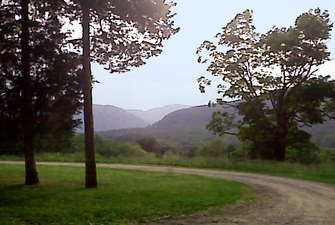 When I moved from the noisy concrete and steel canyons of New York City to a small Hudson Valley village with its serenely-forested highlands, I was stunned by the radical change of scenery. As late summer turned into fall, my favorite season, nature’s magic began its work on me. From one of my first autumn walks along the wooded mountain path behind the old Victorian house that was my new home, I was introduced to the uncanny voices of the natural world. 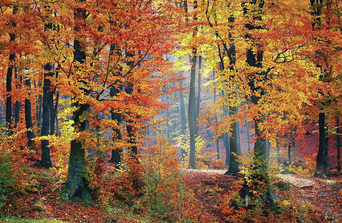 My first encounter with what I call “Earth-Speak” was nothing less than phenomenal for its impact on my life and sensibility. As I came around a bend at the top of the mountain, the lush goldenness of maples along the trail nearly took my breath away. They colored the very air around them. As I stood transfixed, it seemed that all the flora of the woods began to sway toward me. The dramatic red-orange-gold hues in all shapes and sizes were pulsating with light, sounds and scents so intoxicating that I wasn’t sure if I was breathing or drinking. Suddenly, I “heard” a whispering of words that I will never forget: “Ah yes, the very things you humans love about us – our different colors and shapes and smells and languages – are the things you often hate about each other. Alas, you have lost touch with your beauties because you have lost touch with us.” Having just moved out of a city teeming with the tensions that densely-populated diversities of culture, creed, economy – and yes, race – too often provoke, this message was stunning and timely for me. During that first year of “life in the country,” I became unusually acquainted with this sentient world. In my daily walks with pen and paper, the presences of nature enfolded me in their lushness while I chronicled their wisdom-teachings. As these “inner tuitions” invited me to consider some of life’s most paradoxical mysteries, they required only one thing of me – to be utterly present and receptive. I didn’t know to call it that at the time – I was only aware that I felt light and free, as if all the space around the trees and the flowers and blades of grass was also around, and even inside, me. 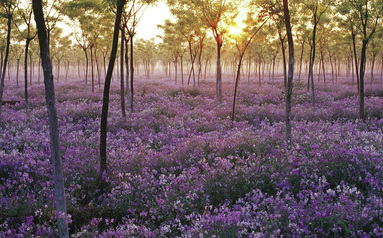 During one spring afternoon forest-walk, I received the ultimate present that awaits our being present. As I came upon a multi-colored field of flowers that surely had not been there the day before, I suddenly experienced a palpable wave-force come at me. As it hit, I felt a kind of energetic “hello” – and instantly a sense of being deeply recognized and known. And then an incredible feeling of being loved washed over me. As that feeling surged, I was startled to realize I was being shown what it would feel like to love myself – not merely self-acknowledgment or self-acceptance – but to actually feel an emotion of love for my own self, as a particular beingness within all being. As I stood there in the middle of the path that would lead to the end of loneliness, I felt that all-encompassing love wind its way through and out of me – but without leaving me behind. Rather it held me in its flow as it traveled to and through everything around me. And it was the same love loving me that was loving everything else too. In that spectacular moment, I saw and knew and felt the perfection in our simultaneous urges for individuation and unity. I was shown how in our seeming separateness we are each given the opportunity to blossom into ever-expanding renditions of our unique beauties, talents and gifts. And I was given to understand that as we each “go forth and multiply," the Energy of Creation that brings us forth also gets to experience what more might be made of It through each of us and our own unique creations. Perhaps this is why when we are individuating with the love and truth of who we are, we feel the eternal destiny-nature of our purpose. 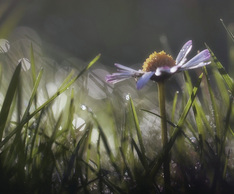 And it is then, paradoxically, when our true selves are emerging and expressing, that our purest urge for community and service also emerges. For as we are becoming who we truly are, we not only have the most to contribute to a higher-conscioused unity with others – but the greatest urge to do so! Ultimately, in the heightened quality of cooperation that is inspired by what can be given rather than gotten, the final stage of fullness that individuation seeks is attained. In the paradoxical language of Earth-Speak: “the more vibrant and beautiful the single flower, the more magnificent the field – and in the magnificence of the field, the single flower is justified.” 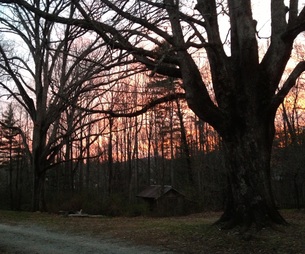 Things of the natural world inherently participate in both individuation and unity; but human nature must offer its own “free will” to allow these seeming opposites to co-exist in order to experience the fulfillment within the paradox. As my time-built walls of self-protection melt in the commingling of the natural world with my own human nature, I am shown again and again the gifts of shelter and interdependence that living things and creatures can offer to each other… “Observe our formations, the ways in which we group together and stand apart. We are not so dense in our togetherness that we shut out the light, for then we could not nourish ourselves and our saplings into our unique blossomings. And we are not so separate that we cannot share our nutrients and shelter each other in a storm -- lest we all one by one perish.” I have learned that every thing and presence in the natural world embodies a message that corresponds to the seasons and cycles of our lives, our dreams and challenges, our individual and collective choices. In everything we feel, think and do on this planet, we are all participants in the dance between individual and community, separateness and unity, you and me and us. Beyond the illusions of a humanity that has forgotten its inner divinity, there is no “they” or "them" – there is only “we.” And we can come together to contribute to the preservation of wildlife and natural resources, development of eco-friendly energy sources, and the rich purposes of diversity on all levels – or we can continue to ravage our resources with the non-humanitarian effects of acquisitional politics and power. If we choose the latter, we must know that we are at a point in our technological evolution when we “cannot make a stink in one part of the world without smelling it in another.” 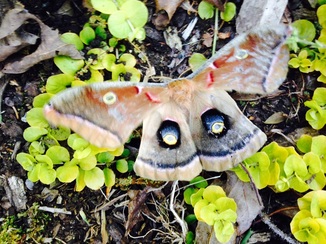 When we listen to the language of Earth-Speak, the secrets of life are revealed to us. And whether they come rumbling, roaring, thundering – or gliding like a butterfly into the heart of any who are willing to listen – there is not only a global but a deeply personal resonance in the messages. We are shown how to become willing partners in the rhythm of seasons and cycles…how to revel in our fullnesses and recover from our losses…how to balance too much and not enough. And how to see our sameness of heart beneath our multitude of expressions, so that someday, we may come to not merely tolerate or accept – but delight in – each other’s diverse beauties. Then we might collaborate, all of us together, with the Earth herself, as allies in the continuation of life on every level. 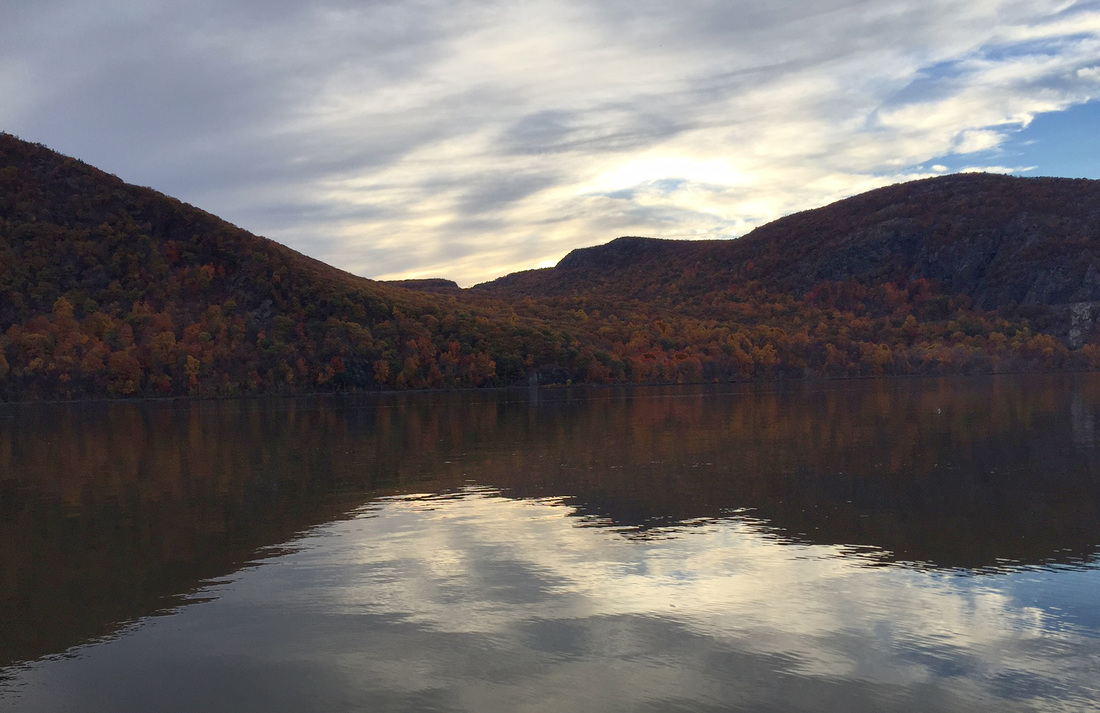 And so what is this thing called life for, really?, I asked the wind and the water and the expanse of mountain sky. An old question we've been asking likely from the moment time was born out of timelessness. In the pregnant silence, I stood looking out at the sensual rippling of highlands on the other side of the river. Suddenly the letters “E-A-R-T-H” appeared across the treeline. Then the “H” jumped up on its legs and hopped to the front of “EARTH” to spell “H-E-A-R-T” (!) It rested there long enough for me to see it – and as my laugh echoed across the valley, the “H” started jumping gleefully on its two legs back and forth between the front and back of the word. “EARTH–HEART–EARTH–HEART...,” it danced! And then the rest of the message appeared: “...where Love comes to put down roots.”
2 Comments
|
Terah CoxLover of words & music, mountains and meaning, good friends and food, co-creative timeless talk and the more than meets the eye of everything! Archives
June 2020
Categories
All
Words are like gates. They can open us to each other's hearts and minds and show us those sacred places we can only go without them.
|
|
Usage Permissions | Privacy Policy | Terms of Use
Heaven & Earth Works Wholesale Inquiries Terry Cox Music Website: www.FisherQueenSongs.com Email: [email protected] | 845-797-0902 Staunton, VA & Nyack, NY |
All content on this website © 2004-2021 by Terah Cox, except photography by Stacie Florer, Gittel Price and additional images as per credits.
|
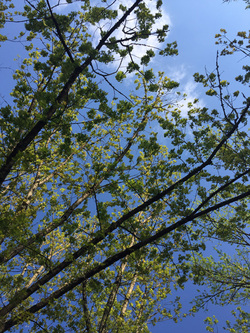
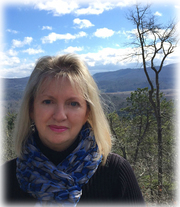
 RSS Feed
RSS Feed

